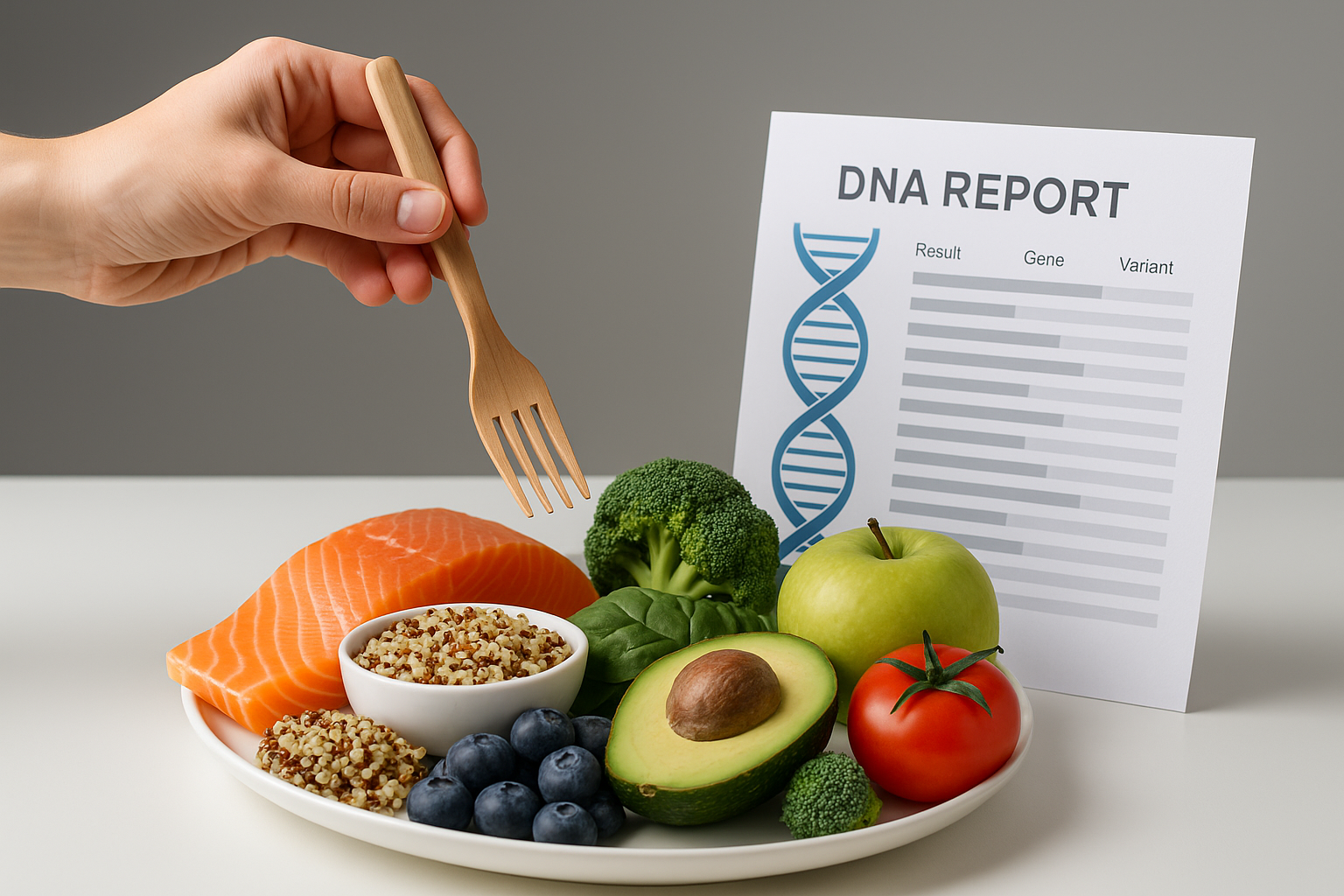The Dietitian's Guide to a Long-Living Heart
The pursuit of a long and healthy life is a universal aspiration, and at the center of this quest lies the heart—a vital organ that requires careful nurturing. Your dietitian, a trusted ally in health, holds the keys to unlocking the secrets of longevity through dietary choices that support heart health. This article delves into the dietary strategies and habits that can fortify your heart, enhance your quality of life, and extend your lifespan. From understanding the pivotal role of nutrients to adopting heart-friendly lifestyle changes, we embark on a comprehensive journey to uncover the dietary wisdom that your dietitian wants you to embrace for a healthy heart.
The Power of Omega-3 Fatty Acids

Omega-3 fatty acids, primarily found in fatty fish like salmon, mackerel, and sardines, are a cornerstone of heart health. These essential fats are known for their ability to reduce inflammation, lower blood pressure, and decrease triglyceride levels, all of which contribute to a healthier cardiovascular system. Research consistently shows that individuals who consume omega-3-rich diets have a reduced risk of heart disease. Incorporating omega-3s into your diet can be as simple as enjoying a serving of fish twice a week or opting for plant-based sources like flaxseeds and walnuts. Your dietitian can guide you on the right balance to ensure you reap these heart-protective benefits.
Fiber: The Unsung Hero

Fiber is a dietary component that often goes unnoticed but plays a critical role in heart health. Soluble fiber, found in foods like oats, beans, and apples, helps lower cholesterol levels by binding to cholesterol particles and removing them from the body. A high-fiber diet not only supports healthy cholesterol levels but also aids in weight management and blood sugar control—two factors that directly impact heart health. By incorporating a variety of fiber-rich foods into your meals, you can promote a healthy digestive system while simultaneously safeguarding your heart. Your dietitian can help you identify the best sources of fiber to include in your daily diet.
Antioxidants: Defenders of the Heart

Antioxidants are compounds that protect the body from oxidative stress and damage caused by free radicals. These molecules are abundant in fruits and vegetables, such as berries, leafy greens, and citrus fruits. Antioxidants play a crucial role in heart health by preventing the oxidation of LDL cholesterol, a process that can lead to the formation of plaque in the arteries. By consuming a diet rich in antioxidants, you can reduce your risk of atherosclerosis and other cardiovascular diseases. Your dietitian can recommend a colorful array of antioxidant-rich foods to ensure your heart receives the protection it needs.
The Role of Plant Sterols

Plant sterols are naturally occurring compounds found in small amounts in many plant-based foods. These compounds have a structure similar to cholesterol, allowing them to block the absorption of cholesterol in the intestines. As a result, incorporating plant sterols into your diet can effectively lower LDL cholesterol levels, a major risk factor for heart disease. Foods fortified with plant sterols, such as certain margarines and orange juices, can be a convenient way to integrate these heart-healthy compounds into your diet. Your dietitian can help you identify suitable sources and portions to achieve optimal heart health benefits.
The Mediterranean Diet: A Timeless Template

The Mediterranean diet, inspired by the traditional eating patterns of countries bordering the Mediterranean Sea, is renowned for its heart-health benefits. This diet emphasizes the consumption of fruits, vegetables, whole grains, legumes, nuts, and healthy fats like olive oil, while limiting red meat and processed foods. Studies have shown that adhering to a Mediterranean diet can lower the risk of heart disease, improve cholesterol levels, and reduce inflammation. By adopting this dietary pattern, you can enjoy flavorful and nutritious meals that support cardiovascular health. Your dietitian can tailor the Mediterranean diet to suit your individual preferences and lifestyle.
Reducing Sodium Intake

Excessive sodium intake is a major contributor to high blood pressure, a leading risk factor for heart disease. Many processed and packaged foods contain high levels of sodium, making it essential to be mindful of your salt consumption. By reducing sodium intake and choosing fresh, whole foods, you can effectively manage blood pressure levels and reduce the strain on your heart. Your dietitian can provide practical tips for cooking with herbs and spices to enhance flavor without relying on salt, helping you maintain a heart-healthy diet that is both delicious and nutritious.
The Importance of Potassium

Potassium is a vital mineral that helps regulate blood pressure by balancing the effects of sodium. Foods rich in potassium, such as bananas, sweet potatoes, avocados, and spinach, can support heart health by promoting healthy blood pressure levels and reducing the risk of stroke. Ensuring an adequate intake of potassium through a balanced diet can help maintain the delicate equilibrium necessary for optimal cardiovascular function. Your dietitian can help you incorporate potassium-rich foods into your meals, ensuring you meet your daily requirements and support your heart health goals.
The Benefits of Whole Grains

Whole grains, such as brown rice, quinoa, and whole wheat bread, are an essential component of a heart-healthy diet. Unlike refined grains, whole grains retain their nutrient-rich bran and germ, providing a wealth of fiber, vitamins, and minerals. Consuming whole grains can help lower cholesterol levels, improve blood sugar control, and reduce the risk of heart disease. By making whole grains a staple in your diet, you can enjoy their numerous health benefits while supporting your heart. Your dietitian can guide you in selecting the best whole grain options to complement your dietary preferences and needs.
Limiting Added Sugars

Added sugars, prevalent in many processed foods and beverages, can have detrimental effects on heart health. Excessive sugar consumption is linked to obesity, inflammation, high blood pressure, and increased triglyceride levels—all of which elevate the risk of heart disease. By reducing your intake of added sugars and opting for natural sweeteners like honey or fruit, you can protect your heart and improve overall health. Your dietitian can help you identify hidden sources of added sugars in your diet and suggest healthier alternatives to satisfy your sweet tooth without compromising your heart health.
The Impact of Alcohol on Heart Health

Moderate alcohol consumption, particularly red wine, has been associated with heart health benefits due to its antioxidant content. However, excessive alcohol intake can have the opposite effect, leading to high blood pressure, heart failure, and other cardiovascular issues. Striking the right balance is crucial for maintaining heart health. If you choose to consume alcohol, doing so in moderation—defined as up to one drink per day for women and up to two drinks per day for men—can be part of a heart-healthy lifestyle. Your dietitian can provide personalized advice on alcohol consumption that aligns with your health goals.
The Role of Physical Activity

While diet plays a significant role in heart health, physical activity is equally important in promoting cardiovascular well-being. Regular exercise helps maintain a healthy weight, lowers blood pressure, improves cholesterol levels, and enhances overall heart function. Engaging in activities such as walking, cycling, swimming, or strength training can provide substantial benefits for your heart. Your dietitian can work with you to develop a balanced approach that combines a heart-healthy diet with regular physical activity, ensuring you achieve optimal cardiovascular health and longevity.
Stress Management and Heart Health

Chronic stress can take a toll on your heart, leading to increased blood pressure, inflammation, and unhealthy coping mechanisms such as overeating or smoking. Implementing stress management techniques, such as mindfulness meditation, yoga, or deep breathing exercises, can help reduce stress levels and support heart health. By prioritizing mental well-being alongside physical health, you can create a holistic approach to longevity. Your dietitian can offer guidance on integrating stress-reducing practices into your daily routine, complementing your dietary efforts to maintain a healthy heart.
The Importance of Regular Health Check-Ups

Regular health check-ups are a vital component of maintaining heart health and preventing cardiovascular disease. Routine screenings, such as blood pressure, cholesterol, and blood sugar tests, can help detect potential issues early and allow for timely intervention. Collaborating with your healthcare team, including your dietitian, ensures you receive comprehensive care tailored to your specific needs. By staying informed about your heart health status and making necessary adjustments to your diet and lifestyle, you can proactively protect your heart and enhance your longevity.
Personalized Nutrition: Tailoring Your Diet

Every individual is unique, and a one-size-fits-all approach to diet may not be effective for everyone. Personalized nutrition, which considers factors such as genetics, lifestyle, and health conditions, can optimize your dietary choices for heart health. Working closely with your dietitian, you can develop a customized nutrition plan that aligns with your specific goals and preferences. This personalized approach ensures you receive the nutrients and support necessary for a healthy heart, empowering you to make informed decisions that promote longevity and well-being.
Embracing a Heart-Healthy Lifestyle

Achieving a long and healthy life begins with nurturing your heart through informed dietary choices and lifestyle habits. By incorporating the longevity secrets shared by your dietitian, you can create a foundation for optimal heart health and overall well-being. From embracing nutrient-rich foods and managing stress to engaging in regular physical activity and seeking personalized nutrition guidance, each step contributes to a heart-healthy lifestyle. As you embark on this journey, remember that small, consistent changes can lead to significant improvements in your heart health and longevity, empowering you to live a vibrant and fulfilling life.